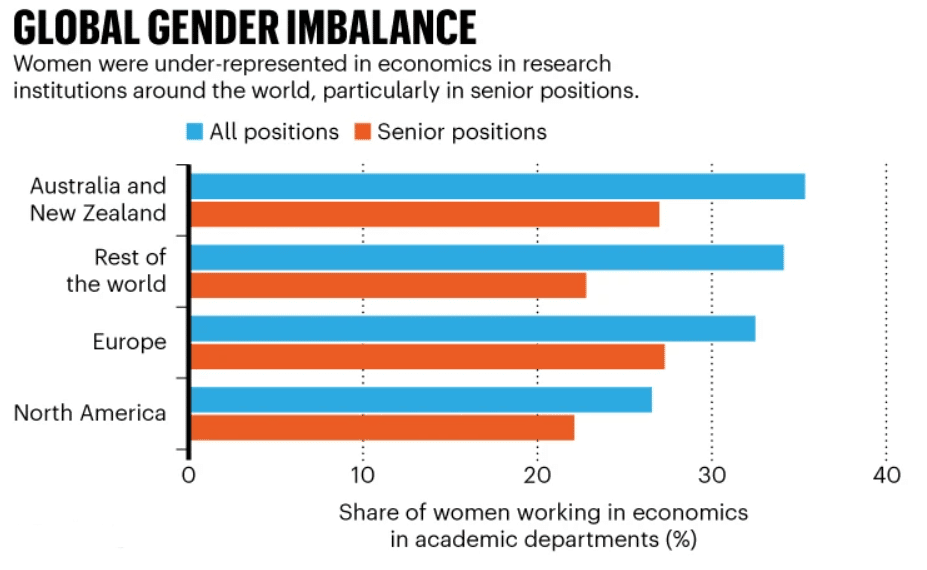How can I avoid fake news?
Even as we see with the current coronavirus situation, as worry grows, folks are sharing more details that are false or misinformed. It’s quite simple to generally share something that’s seen on Facebook or received by Whatsapp. The issue is when people don’t take care to question the data source, unchecked and false information can spread quickly. This implies folks are receiving confusing and misleading information and this is often dangerous.
It’s more and more important to test information sources, especially on the net and using social media. Anyone online has the capacity to publish and share information, though it might be false. Even photographs and videos may be doctored, mislabelled, or manipulated to share a phony story.
QUICK TIPS
- Don’t get all of your information from Social Media. Check trusted news websites and other reliable sources available to the public including subscription-based sources.
- Depending on a number of factors at stake, verify and validate the Author of the published Article. Are you able to trust what s/he/they posted and is/are s/she/they adequately qualified to issue such published Article[s] or record[s]?
- Before sharing an Article on Facebook or WhatsApp, ensure that you’ve checked that it is trustworthy and contains factual information for its intended audience.
- Social Media marketing and second-hand messages are neither tamper-proof nor tamper-resistant means of obtaining information. It is better to truly get your information directly from an authority or expert on the problem [domain], or from the reports from reliable news outlets.
Social media marketing and second-hand messages aren’t fool-proof means of getting informed. It is better to truly get your information directly from an authority or expert on the problem, or from the reports from a reliable news outlet.
What do you mean by “an authority or expert on the issue”?
Try to find organizations that can be trusted leaders in the topic that you’re trying to find information on. How that you’d visit a doctor or medical professional for medical care, for medical information, visit the Department of Health’s website.
As an example, when you have questions in regard to a domestic worker contract, visit your agency, the Hong Kong Labour Department, or even the relevant Consulate. They’re the experts and authorities on this topic.
Another example is if you’re trying to find travel information, the experts and authorities on this dilemma will be your travel agent, airline, the Hong Kong Airport, and the Department of Transportation.
What do you mean by “reports from a reputable news outlet”?
Professional journalists are trained to supply reports which can be factual and unbiased, meaning they don’t favour one-sided opinions and try to supply a larger picture. Reputable news agencies work only with qualified journalists and fact-check their reports. However, even if you are hoping to get information from trusted news channels, it could be tricky. It is straightforward for an internet site to appear to want it is really a news agency and some news channels provide more opinion pieces than others.
Here are a few things you certainly can do to be sure you are reading and sharing reputable information.
Consider: Who wrote it?
- Well-researched information can have a qualified writer or organization’s name attached to it. You are able to check the author’s credentials and qualifications.
Consider: What’re they saying?
- Is the writer providing you with an opinion or even a balanced and factual view of the topic? Do they inform you where they found their information from? Are any quotes used getting used correctly or are they out of context? Does the content match the headline that you clicked on or does it feel misleading – like “clickbait”?
Consider: When was this written?
- Older and outdated articles might have incorrect information. Check the date it absolutely was published and if it absolutely was updated recently.
Consider: Where’s this poster?
- Ensure that you check that the URL or Web address is usually the one you’re intending to appear at. Some websites may use copycat tactics to obtain people to learn about their site by accident. In the event that you found your info on social networking, understand that everyone can post anything on social networking and it is easy to control images and videos. In the event that you found your info on a weblog, remember to test their qualifications to write in regards to the topic and they are not fact-checked or try to be unbiased like news agencies.
Consider: Why did they write this?
- Publishing content online is a superb way to accomplish many things. If the intent is apparently to see, try to find their sources and check the trustworthiness of these sources. Other goals of publishing content could possibly be: to offer something, to supply entertainment or comedy, or even to persuade you towards an opinion. Some companies may sell something by authoring a tale where the merchandise was used. Some websites are entertainment websites that even make fun of the news. Other websites are published by an author who believes passionately about a very important factor and is wanting to possess others to join them.
Cross-check your information
- Try to find another trustworthy source that supports the data that you’ve found. You can certainly do this by looking for the question or topic on Google.
Remember:
Keep yourself well-informed by ensuring that the items you’re reading online are helping you receive the best information. If you’re unsure about a thing that you’ve read, cross-check it with other sources. Don’t share information that you haven’t checked first.




